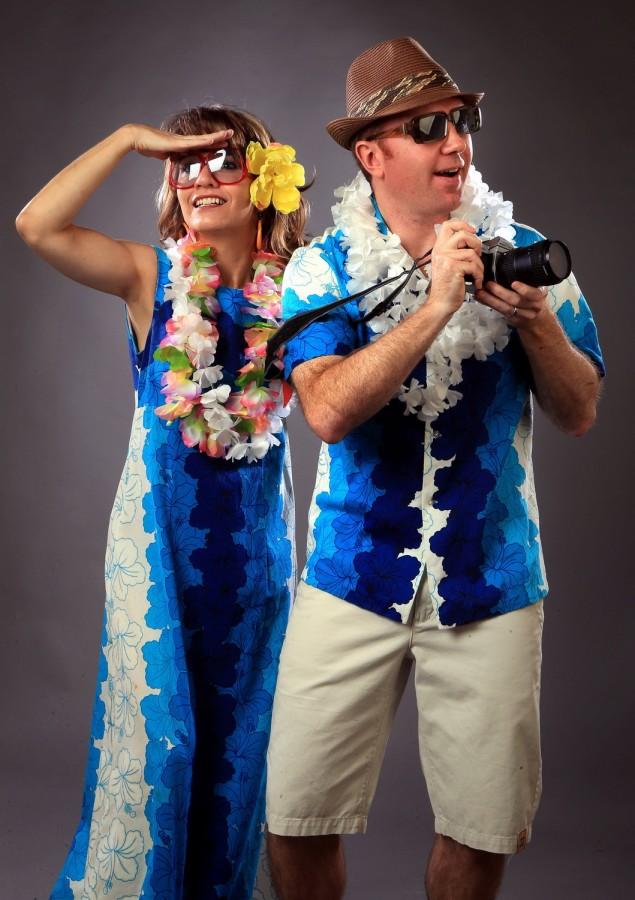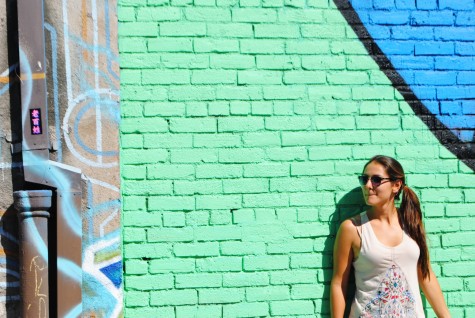Don’t let the San Diego sun fool you – it is in fact October. Which means pumpkin spice everything, candy corn and of course – Halloween. Along with this commercial holiday comes the inevitable question of this year’s costume purchase, which can prove to be a difficult choice, unless you’ve been planning since May. While Halloween is an eerie, yet amusing and lively holiday, it should never be offensive. Yet every year, Halloween stores fill up with costumes downplaying ancient and even existing cultures, races and communities. These costumes usually mock the customs of a culture and sexualize its traditions.
Before you roll your eyes and say “Relax, it’s just a costume!” – hear me out. There seems to be a misconception around dressing up as people of another culture – some believe wearing the fashion of another civilization or group is in fact honoring and celebrating the culture. Classic examples of these “innocent” looks include dressing as a Native American, Mexican or a traditional Japanese geisha. Let me explain why you are not honoring and are in fact offending the culture of this group.
By dressing up as an ancient or current culture, race or even community, you are meant to be representing that group. Since you are not actually part of the group, you are misrepresenting them, along with their history and customs.
Here is the thing – many racial and cultural groups have been discriminated against for centuries, limiting their ability to prosper in a white supremacist society, such as the one in the United States. Historically, groups such as Native Americans, Mexicans, Indians, Asians, Arabs and Gypsies have faced countless mental and physical hardships for honoring their customs and beliefs. By wearing these customs as a costume as a person not included in the group, you are bringing light to these historical misfortunes and are therefore belittling them.
You cannot simply borrow someone’s culture and customs for your a night.Because at the end of the night, you get to take off the costume, while many people are forced to live with the negative stigmas people associate their culture with.
Even if you do belong to the group that your Halloween costume personifies, you could still be perpetuating negative stigma around it. If your costume makes fun of part of your culture, or a historical event – you are essentially exploiting yourself. Consider the bigger idea of coexistence – is your costume aiding in the proper representation of your community?
The bottom line is – wearing a costume imitating a culture, race, or ethnicity unknown to you perpetuates the hateful stereotypes formed over the years towards these groups. If you want to pay homage to a culture, you can do so in a way that sheds light on all aspects of the culture and celebrates the perseverance of its people.


